Main content
Skip to main content

Degree at language and Spanish Literature and Diploma in Creative Writing
4 YEARS | 270 ECTS CREDIT
Pamplona Campus
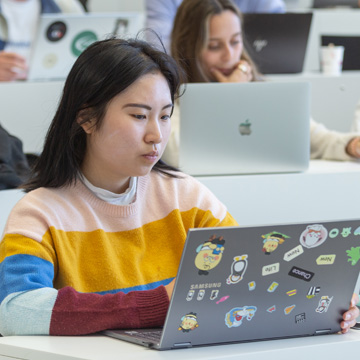
Double Degree in Law + Philosophy
6 YEARS | 360 ECTS CREDIT
Pamplona Campus

Degree at
language and Spanish Literature
4 YEARS | 240 ECTS CREDIT
Pamplona Campus

Degree at Philosophy, Politics and Economics (Philosophy, Politics and Economics)
4 YEARS | 240 ECTS CREDIT
Pamplona Campus

Degree at
Philosophy
4 YEARS | 240 ECTS CREDIT
Pamplona Campus
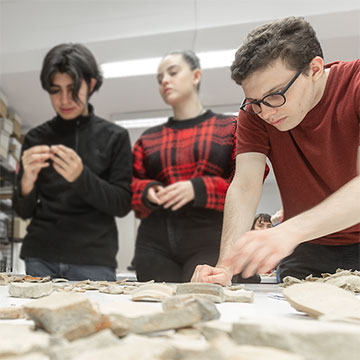
Degree at
History
4 YEARS | 240 ECTS CREDIT
Pamplona Campus
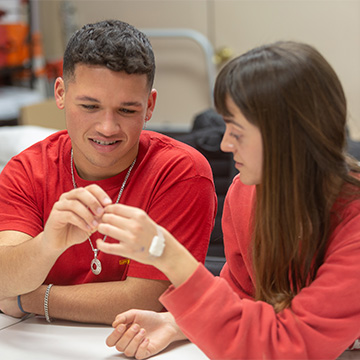
Degree at
History and Diploma in Archaeology
4 YEARS | 252 ECTS CREDIT
Pamplona Campus
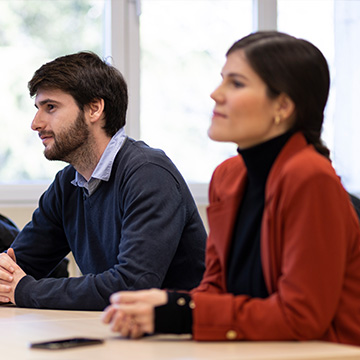
Double Degree Degree in International Relations + History
6 YEARS | 355.5 ECTS CREDIT
Pamplona Campus
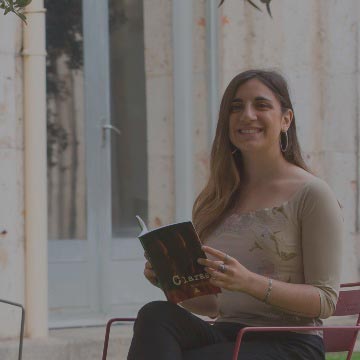
Degree at
Literature and Creative Writing
No new places are offered for 1st year students in the 2023-24 academic year.
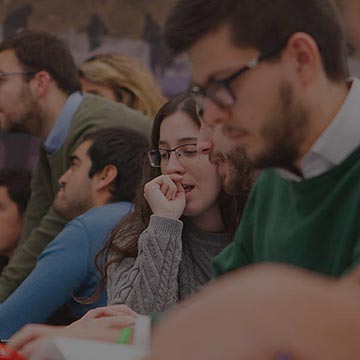
Double Degreein
PhilologyHispanic Studies + Journalism
No new places will be offered for 1st year students in the 2022-23 academic year.
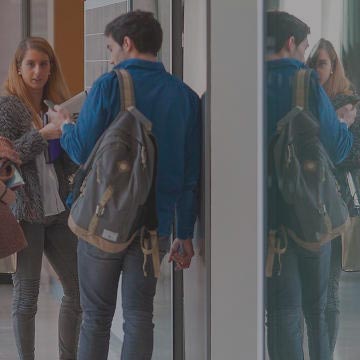
Degree in
Hispanic Philology
No new places will be offered for 1st year students in the 2022-23 academic year.
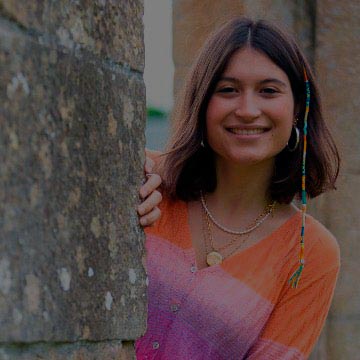
Degree at
Humanities
No new places will be offered for 1st year students in the 2022-23 academic year.
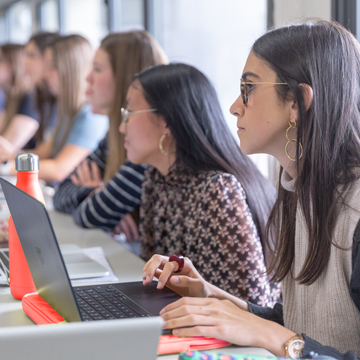
Double Degree in
History + Journalism
No new places are being offered for first-year students in the 2025-26 academic year.
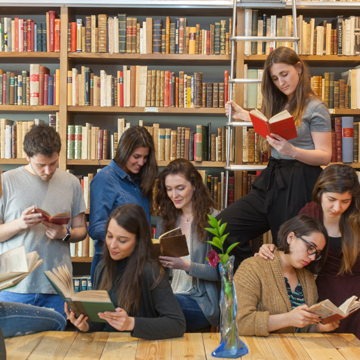
Double Degree in
Philosophy + Journalism
No new places are being offered for first-year students in the 2025-26 academic year.
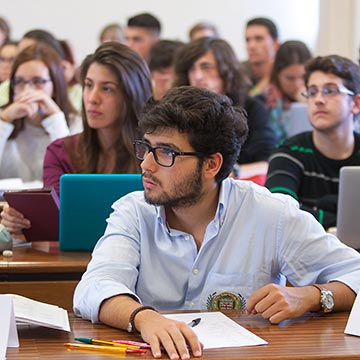
International Foundation Program
6 MONTHS/1 YEAR | 30/60 ECTS CREDIT
Pamplona Campus
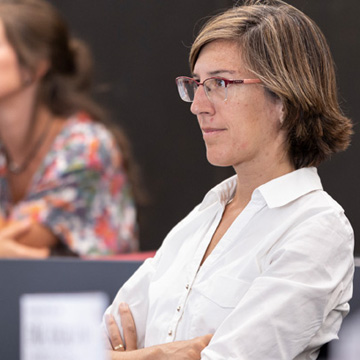
Master's Degree in Christianity and Contemporary Culture
2 YEARS | 60 ECTS CREDIT
Campus Madrid
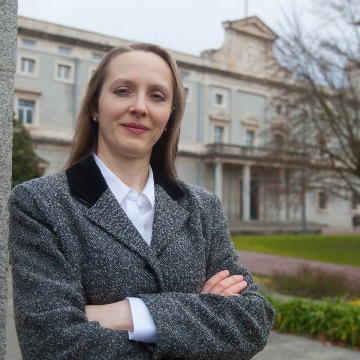
doctoral program
in Philosophy
Pamplona Campus
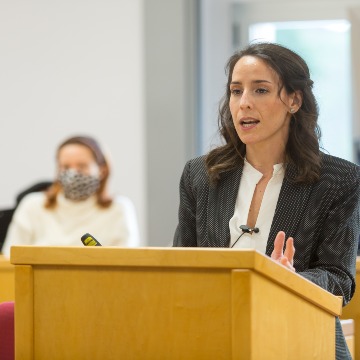
doctoral program at
Arts and Humanities
Pamplona Campus
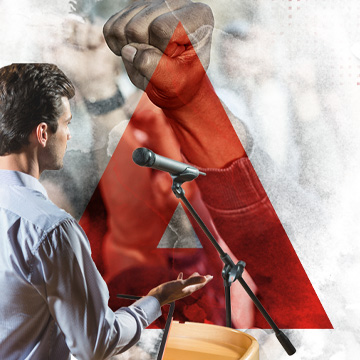
Understanding today's world: historical and social keys.
12 ECTS CREDIT
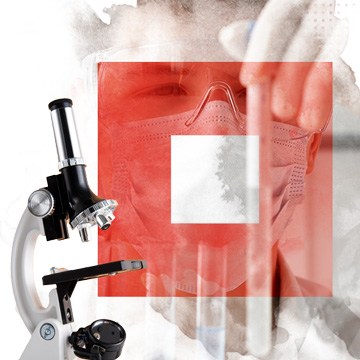
Scientific worldview and religion in the 21st century.
12 ECTS CREDIT
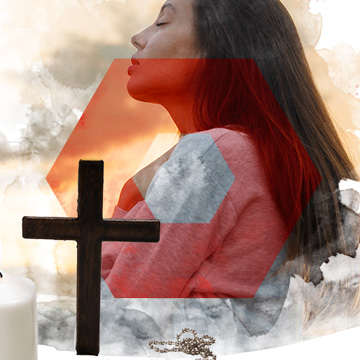
Contemporary thought and transcendence
12 ECTS CREDIT
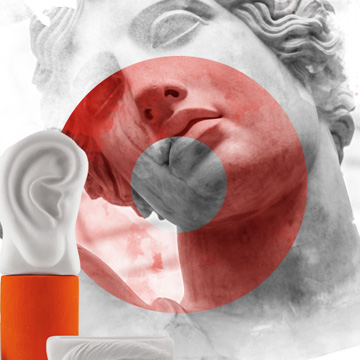
The Search for Meaning in Contemporary Arts and Literature
12 ECTS CREDIT
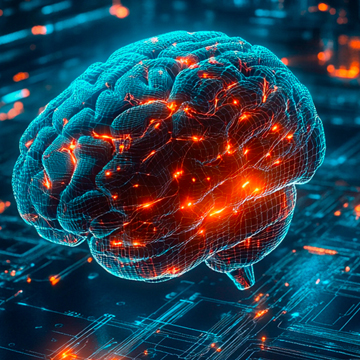
Fundamentals of Artificial Intelligence (AI)
0.5 ECTS CREDIT
Online
























